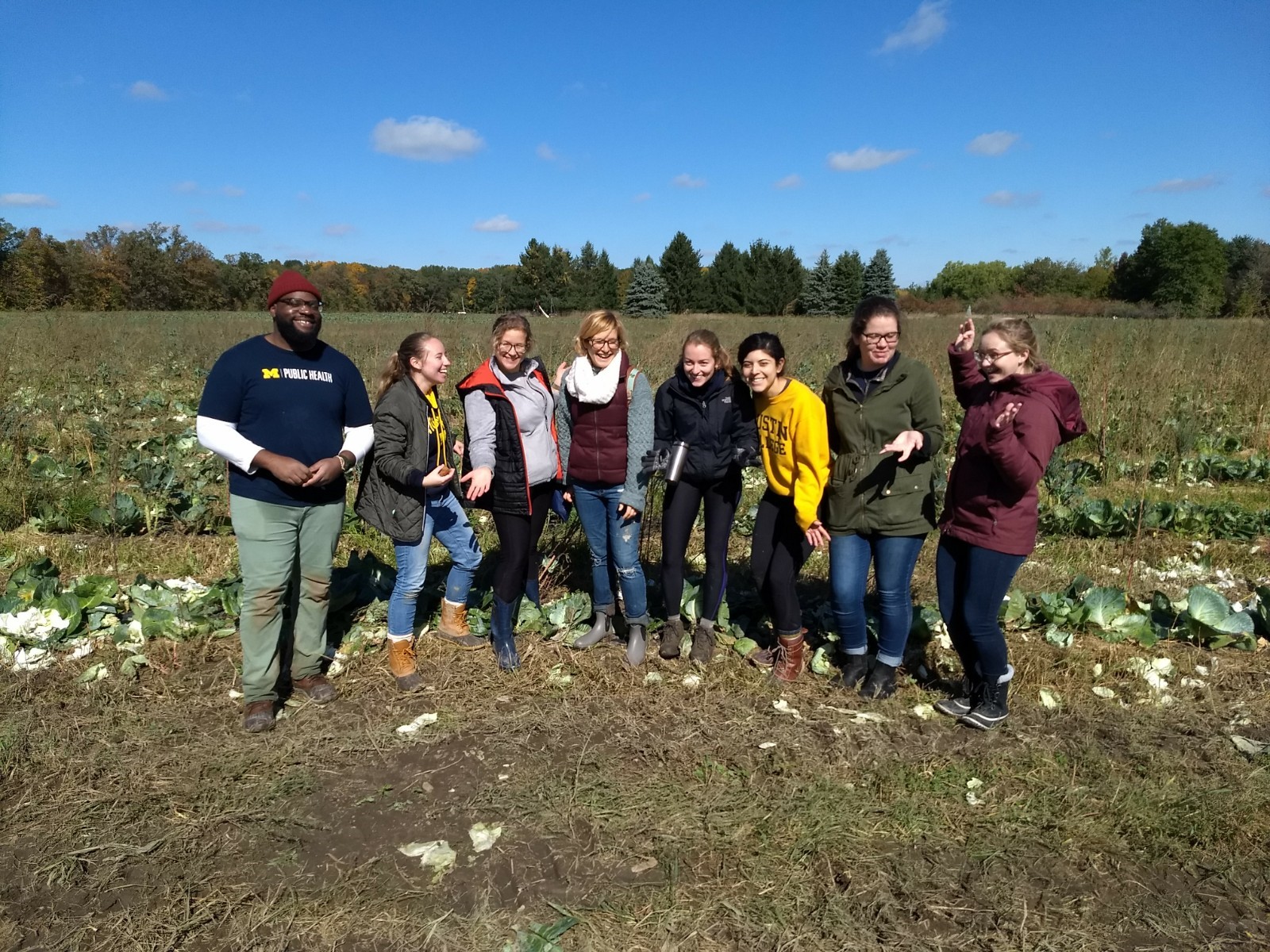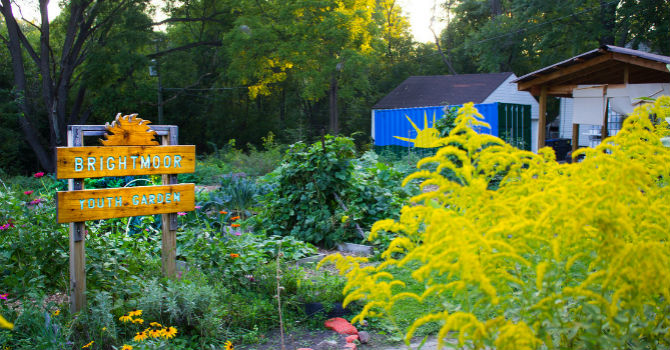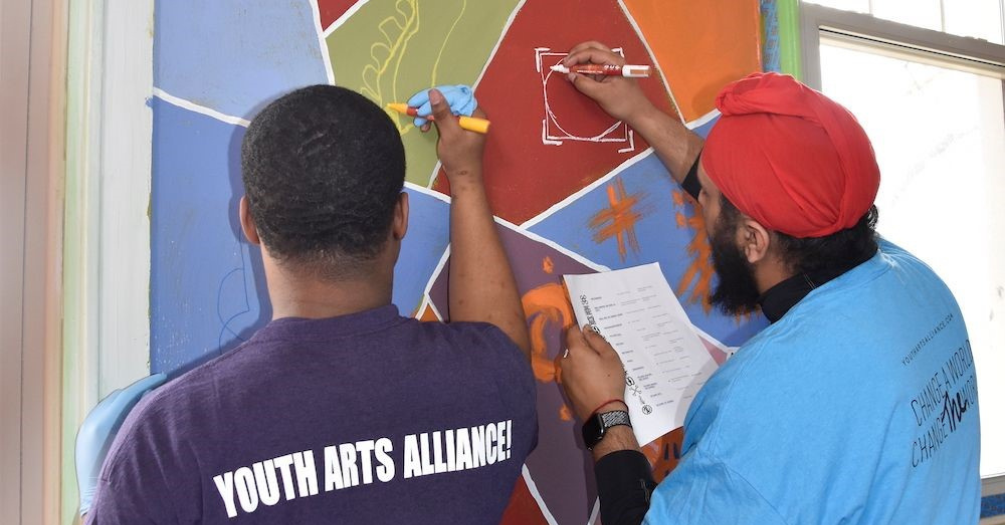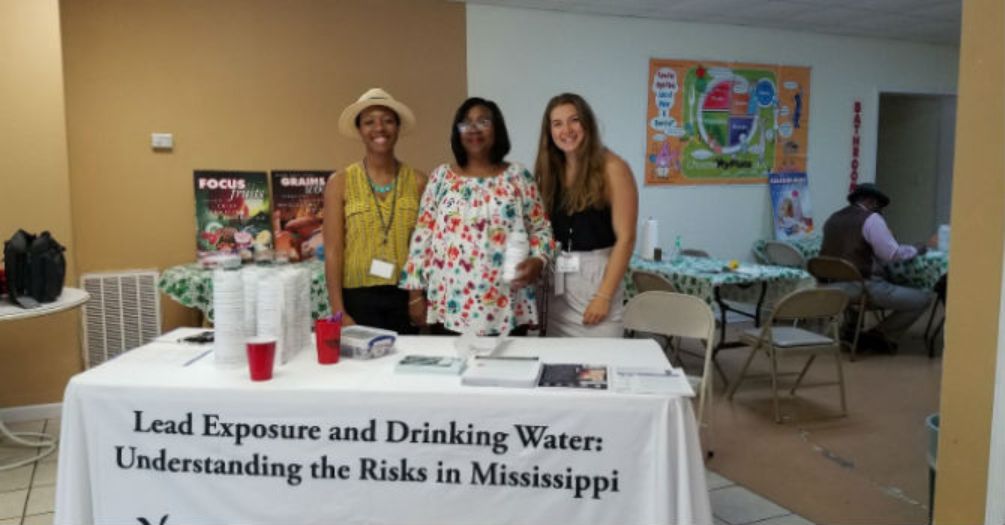PHAST Beginnings
Emily Dejka, Epidemiology Student and PHAST Member
September 12, 2019, Community Partnership, Practice
They say that when you move to a new place, you should establish a spot where you’re a regular. A coffee shop, a bar, a restaurant - somewhere that you can have your Cheers moments and feel a part of the community. And while I do love a latte and a good happy hour deal, when I moved to Ann Arbor PHAST became that place for me.
I was introduced to PHAST when I visited the School of Public Health for prospective student day. Instantly I knew I wanted to be a part of this group and even wrote about it in my personal statement when I applied. My first experience was volunteering at Food Gatherers’ Community Kitchen. From there I had the opportunity to pick cabbage for food insecure families, deliver water to Flint residents, and provide health information at LGBTQ+ events.

While I took away important lessons about public health from every experience, perhaps the most illuminating was my involvement with Children’s Literacy Network (CLN) this past year. Started in 1991, CLN was started to promote literacy throughout Washtenaw County. Their association facilitates seven programs each year serving roughly 5,000 children through them. The program our group focused on called, “Staying in Closer Touch” is run at three different correctional facilities in Washtenaw County. Volunteers record incarcerated parents reading books to their children and then send the recording, along with a copy of the book to their children. Through this, they hope to foster literacy in children, as well as strengthen relationships between mother, caregiver, and child. Our focus was specific to the women’s prison, Huron Valley Correctional Facility.
At the beginning the project seemed simple, assess the impact that this program has on the literacy of the children involved and how that in turn may help in strengthening relationships between caretaker and child, change rates of recidivism among the women involved, and reduced stigma that a child may face because of having an incarcerated parent. We began as many projects do: a literature review! It soon became apparent that literacy was only the start. Over the next few months we discussed social support, factors that impact recidivism, and stigma surrounding incarceration. We also had the opportunity to visit Huron Valley and be present for parents reading to their children. By working within the prison system, we encountered a myriad of rules and regulations that we had to navigate. This could be wildly frustrating at times, which culminated in the multiple month process it took for us to even gain access to the population we had been talking about since November. It took multiple rounds of paperwork, a background check, a photo ID, and an outdated volunteer training video for us to finally be able to shadow the recording process.
At the end of the spring semester, we presented our work and a list of recommendations for the program to the president of CLN. It was a surreal experience to see all our work over the past year condensed into 29 Google slides. Since this was the last component of our project, I left with a sense of incompleteness, not knowing if the changes would ever be implemented. However, I think that is an important lesson to have learned about working with community partners. As public health workers, our job is not to force change, but to offer recommendations and return that information back to the community we serve.
While it’s not my intention to make this post read like an after school special from the ‘70s, I was left with a few important takeaways. One of the first is that it’s always important to be open to change when working on a collaborative project. Expectations and timelines change often and it’s important to be flexible as these come up. Another, is that who you work with can be as important as the work you do. I was lucky enough to be surrounded by an amazing group of peers that I could bounce ideas off of and talk through issues as they came up. Overall, it is an important experience that I will carry with me through the rest of my time at SPH and throughout my career.







